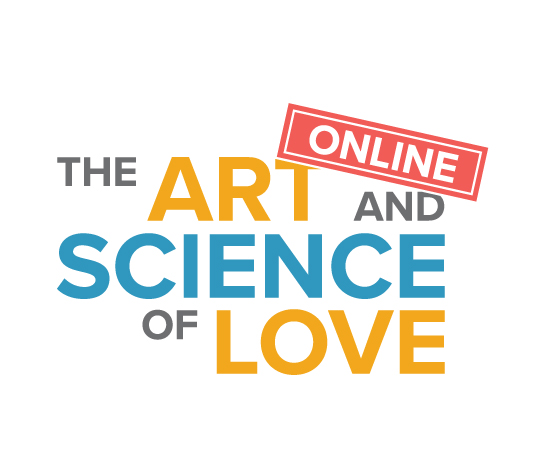In any relationship, it’s natural to encounter challenges and conflicts. But what happens when those conflicts turn toxic?
Gaslighting and stonewalling are not the same thing, but both can wreak havoc on a relationship. It’s crucial to understand the difference between these two behaviors so that you can decide how to react when or if they show up in your relationship.
What is gaslighting?
Gaslighting is a form of emotional abuse.
Gaslighting involves manipulating someone’s perception of reality, and deliberately causing them to doubt their sanity, thoughts, feelings, and memories. This insidious form of emotional abuse can lead to self-loathing, anxiety, and doubting one’s own mental stability.
The term originates from the play Gaslight, written by Patrick Hamilton in 1938. It is a story about Bella and Jack, set in 1880 London. Playgoers realize right away that Jack is not a good guy. He flirts with staff in front of Bella, leaves the home without explanation, and is generally rude and dismissive.
As the play progresses, it turns out there is a mysterious disappearance of an opera singer (who used to live upstairs). Jack starts searching for the starlett’s jewels and acts incredulous when Bella mentions she hears footsteps above her. The plot thickens as Jack starts randomly turning their gas lamp lights on and off, and then denies it. He attempts to convince Bella she is insane.
You’ll have to see the play to learn what happens next, but the important takeaway from this story is that Jack’s behavior is deliberate and intentional. Not only does he lie to her, but he lies to her with the premeditated intention of upending her mental stability. This is what gaslighting is.
What To Do If There is Gaslighting in Your Relationship
Emotional abuse needs to be taken extremely seriously and requires immediate assessment and intervention from a licensed professional.
If you believe that your partner is consistently, deliberately trying to make you feel like you are out of touch with reality, we recommend reaching out for help. You can call 988 if you live in the United States or visit the Gottman Referral Network to find a therapist near you.
What is Stonewalling?
Unlike gaslighting, stonewalling is a maladaptive defense mechanism versus a form of emotional abuse.
Dr. John Gottman uses the term to define one of the Four Horsemen of the Apocalypse. His research indicates that stonewalling leads to relationship dissatisfaction, separation and divorce.
Stonewalling is a behavior characterized by one partner withdrawing from interaction, shutting off emotionally, and discontinuing communication.
When someone is stonewalling, to others they often appear indifferent and usually have a blank expression on their face. They might appear callous or uncaring. It can be very hurtful to look up and see what appears to be an emotionless reaction when you are talking to your partner; especially if you are being emotionally vulnerable. You might wonder if your partner is even listening or cares what you are feeling.
But stonewalling is not as it appears.
What we know from the research is that when someone is stonewalling, even though they may appear calm on the outside, internally, they are in a state of fight, flight, or freeze. Stonewalling is the freeze reaction to perceived danger. Heart-rates are well over one hundred beats per minute, accompanied by difficulty breathing, muscle tension and internal panic.
What To Do if There is Stonewalling in Your Relationship
The solution to relational stonewalling is easy in concept, but difficult to practice in everyday life.
There is only one thing to do, and that is to take a timeout.
It is emotionally dangerous to continue conversation when one or both parties are triggered. If you keep talking, you or your partner might do and say things you regret. When you take a short break, both of you can catch your breath, do some self-care, and then return to the conversation when you’re calm.
Usually one partner wants to keep talking while the other wants space. In order for a time-out to be effective, both parties need to commit to disconnecting and then reconnecting. When you learn how to do this in your relationship, you can avoid the unnecessary pain that occurs from continuing an unproductive conversation.
Next Steps
It takes time to reduce stonewalling in your relationship, but it is possible. Be patient with yourself and your partner as you work to implement this strategy. If you are the kind of couple who like worksheets and cheat sheets, you can download a free copy of chapter 7 of my workbook which includes a Time-Out Planning Exercise to help you avoid stonewalling in your relationship.
Congratulations on your commitment to relationship health and thanks for reading this article ?






